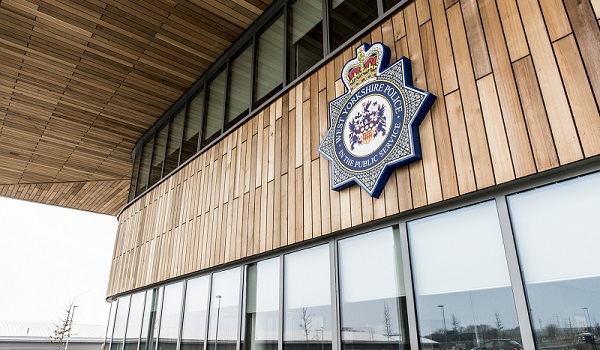Officers reject ‘counter-intuitive’ child protection proposals
Police, health and social workers have rejected plans for a mandatory reporting requirement on child abuse.
Almost seven in ten respondents to a government consultation claimed mandatory reporting could adversely affect the child protection system.
Eighty-five per cent felt this policy alone would not lead to appropriate action being taken to safeguard children, and just 25 per cent were in favour of introducing a duty to act backed by potential criminal sanctions.
Instead, nearly two thirds of respondents supported giving time for existing child protection reforms to take effect, as well as offering better training to practitioners.
The Government has now pledged to improve information sharing between law enforcement and health organisations rather than implementing statutory measures.
Chief Constable Simon Bailey, national lead for child protection, said he was pleased the Government has listened to the views of frontline professionals.
“Teachers, social workers and other professionals can and do play a vital role in keeping children safe from harm but our research suggests imposing additional legal requirements on them could be counterintuitive – with forces finding themselves inundated with reports that shouldn’t ever have been made,” he said.
“Key to tackling this horrendous crime is ensuring these dedicated professionals are well trained in how to spot the signs of abuse and act on them, and that agencies are truly coordinated.”
More than 760 representatives from policing, health, charities and social care responded to the consultation on introducing potential legal duties for professionals working to protect young people.
These included mandatory reporting of concerns relating to child abuse, and a duty to take appropriate action where possible child abuse was suspected.
Evidence submitted to the consultation suggested these proposals could create unnecessary burdens and divert attention from more serious child protection cases.
Respondents also raised concerns that they would risk undermining relationships between social workers and vulnerable families.
In response to the feedback, the Government promised to review whether current legislation provides tough enough penalties for concealing child abuse and neglect.
It will also introduce stronger safeguarding measures for information sharing and clarify national guidance.
These measures are intended to build on the ‘Together, we can tackle child abuse’ campaign, which entered a new phase in February.
Children and Families Minister Nadhim Zahawi said: “The response to this consultation shows the strength of feeling among the sector on this extremely important issue, and it’s vital that we work directly with people on the ground, supporting them to carry out their work sensitively and efficiently.
“Decisions we make as a government should be with the ambition of improving outcomes for as many in society as possible, which is why we must listen to the views and experience of the sector as we progress further with our reform agenda.”
Victoria Atkins, Minister for Crime, Safeguarding and Vulnerabilities, said: “We have set a clear expectation on the police by giving child sexual abuse the status of a national threat, set up joint inspections of health, police and children’s social care, and introduced a national whistleblowing helpline with the NSPCC for any employee who wants to raise a concern about how their organisation is dealing with a concern about a child.”







